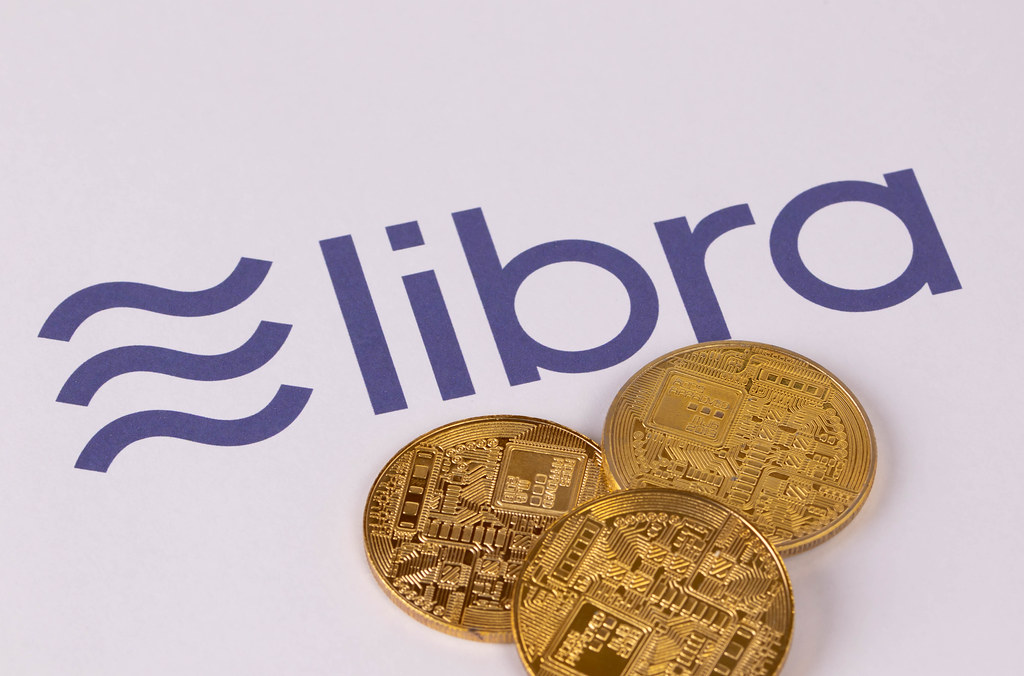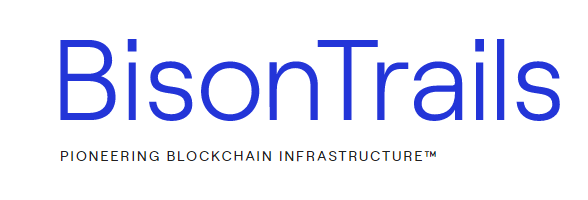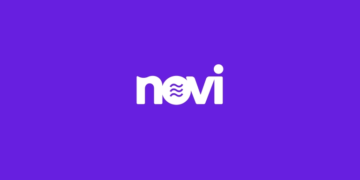Bison Trails launched a new QT protocol to allow developers to build on Libra and to allow them to read and write data in the pre-mainnet using off-chain systems so let’s read more in the latest Libra news.
The blockchain service provider Bison Trail announced the launch of the new Query and Transaction Clusters or QT protocol in order to allow and help developers build on Facebook’s upcoming Network. Libra QT offers a bridge between Libra’s pre-mainnet and off-chain systems thus allowing dedicated off-chain infrastructure to read and to write on the blockchain.
According to a new announcement from Bison Trails, it provides blockchain services and infrastructure to crypto companies:
“Libra QT offers fully-managed, dedicated, and highly resilient Libra read/write nodes and supporting systems without the hassle and expense of running them in-house.”
Bison Trails’ co-founder Aaron Nehshaw said:
“Libra QT is a core part of our product offering for the Libra ecosystem. It allows people building on top of Libra to securely and easily integrate their exchanges and wallets, and build new and exciting applications.”
Developers will be able to use Bison Trails’ QT solutions to build wallets, exchanges and other virtual assets services on the pre-mainnet on Libra. Now, the company is a founding member of the Association. Libra QT enables payment processing as well as transaction validation and many other use-cases like smart contract authoring and market-making as well. Since facing stiff regulatory issues back in 2019, the Association stepped away from the scrutiny of the media to redesign the project with almost no attention since announcing the former HSBC Credit Suisse and Santander executive Ian Jenkins as a chief financial officer and chief risk officer last month.
In a recent interview, David Gerard who wrote a book on Libra described the “uniformity” of the exclusionary response from regulators like Facebook’s cryptocurrency as “amazing” saying that lawmakers across the world trashed the project and set about enhancing the existing legislation to protect against “global stabelcoins.” Gerard believes that plan of a global stablecoin was enormous for regulators to ignore since it poised challenges for the sovereignty of monetary policies:
“It’s like dollarization, which is the word for when a country’s economy is totally overtaken by US dollars […] Libra-ization could happen the same way — that would be quite bad, because while the US dollar is maintained by the Federal Reserve for US interests […] there is some sort of public service aspect to dollarization.”
DC Forecasts is a leader in many crypto news categories, striving for the highest journalistic standards and abiding by a strict set of editorial policies. If you are interested to offer your expertise or contribute to our news website, feel free to contact us at editor@dcforecasts.com
























Discussion about this post